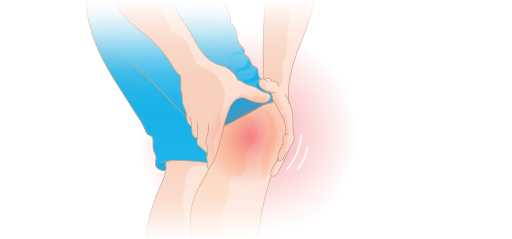
Though it’s been many years since I’ve sat, frustrated and confused, in a math or science classroom, I must admit that I still feel a lingering resentment towards quick learners. You know the kids I mean. The ones who pick up new concepts quickly, and then apply them with ease. The ones who barely look at their notes and still get an A+ on their test, while the rest of us work all night long and only achieve a B+, at best.
Sure, some of them suffer with social difficulties that can offset many of their mental gifts, but for the most part, they’ve got it made. Their ease with scholastic material means they’re more likely to get more advanced degrees, with higher paychecks. Their ability to dazzle and impress educators as well as their parents, means they get more positive attention as they grow. And now, according to new research, it appears that people with a high IQ also live longer.
The first evidence linking high IQ with a long lifespan came from a Scottish study that began in 1932. That year, a cohort of 11 year old children were given an IQ test, and researchers then followed them up until the age of 76. When the results were analyzed, children with a 15-point IQ advantage were found to have a 21% greater chance of being alive than those with a more average IQ score. You might assume this increase in longevity might be due to differences in lifestyle, or better access to health care, but the researchers controlled for those factors. Statistically, lifestyle choices or socioeconomic advantages explained only 30% of the link between intelligence and life span. The rest was genetic.
Further studies were done by Rosalind Arden and her colleagues from the International Journal of Epidemiology. They found several groups of identical and fraternal twins in which both IQ and mortality were recorded, and used those numbers to help clarify how much of the IQ-lifespan advantage is genetic, and how much is environmental. When the analysis was finished, the more intelligent twin was found to have a longer lifespan, even if both twins shared other lifestyle factors. Clearly, there’s something about having a high IQ that also increases longevity.
The answer may be resilience. Gro Amdam of Arizona State University and the Norwegian University of Life Sciences has theorized that the reason people with a high IQ live longer, is because they are just engineered better. In addition to a more impressive performance on mental tests, he believes they also have a greater ability to survive environmental onslaughts.
He tested his hypothesis by strapping honeybees to straws and then dripping a sugary solution on them. Honeybees are often used in neurological experiments because they can be trained with positive or negative reinforcement, and in this case, Amdam wanted to isolate the smart honeybees by preceding the drip of sugar with a certain smell. The smarter honeybees identified the link between the smell and the sugar solution faster, and learned to stick out their proboscis to receive it. The slower honeybees lost out.
The second part of this experiment involved exposing all the bees to a high oxygen environment, to see who could endure it the longest. A high oxygen environment is a metabolic stress test that simulates aging. It turned out that the quick-learning honeybees lived, on average, four hours longer than the slow-learning bees when exposed to unnaturally high levels of oxygen. This show of greater resilience among the smarter bees suggests a possible survival advantage that may also be present in humans.
This evident resilience among smarter bees – and possibly humans – may occur because of a faster reaction time. When researchers tested the reaction time of 898 fifty-six year olds, they found that those who reacted more quickly to a stimulus also lived longer. Study participants were required to press one of four keys on a keyboard in response to seeing the identical digit on a computer screen. There was no complicated thinking involved; you would think that anyone could do well.
Yet, when they followed up on the participants more than a decade later, those who had a faster reaction time on the test, also lived longer. What’s more, once the reaction time was taken into account, the correlation between mortality and IQ disappeared, meaning that relationship between reaction time and longevity is stronger. The reason that high IQ people tend to live longer, is because they react faster to external events.
It appears that the benefits of having a high IQ are more widespread than just being able to do well in school and on tests. Nevertheless, those of us who have more average intelligence shouldn’t despair. “The intelligence-longevity link is a small one”, says Rosalynd Arden of the International Journal of Epidemiology , “Nothing we found counteracts the good old stuff your grandmother would have told you about how to live well”. Eat well, exercise regularly, avoid smoking and excessive drinking, and we can all hope to live a long and healthy life. Even those of us who suck at math.




